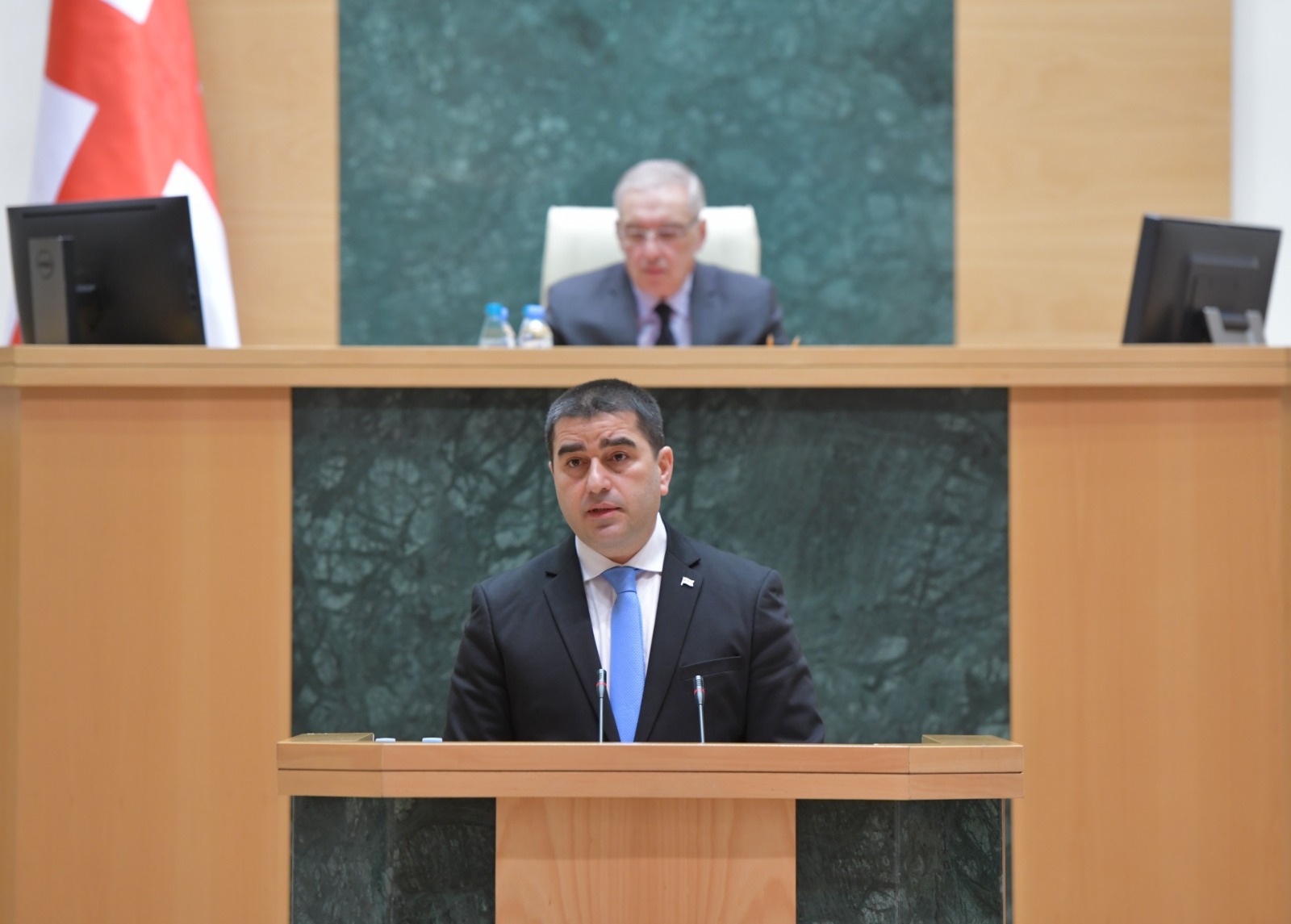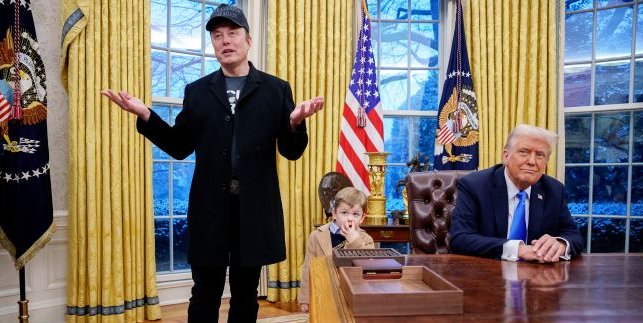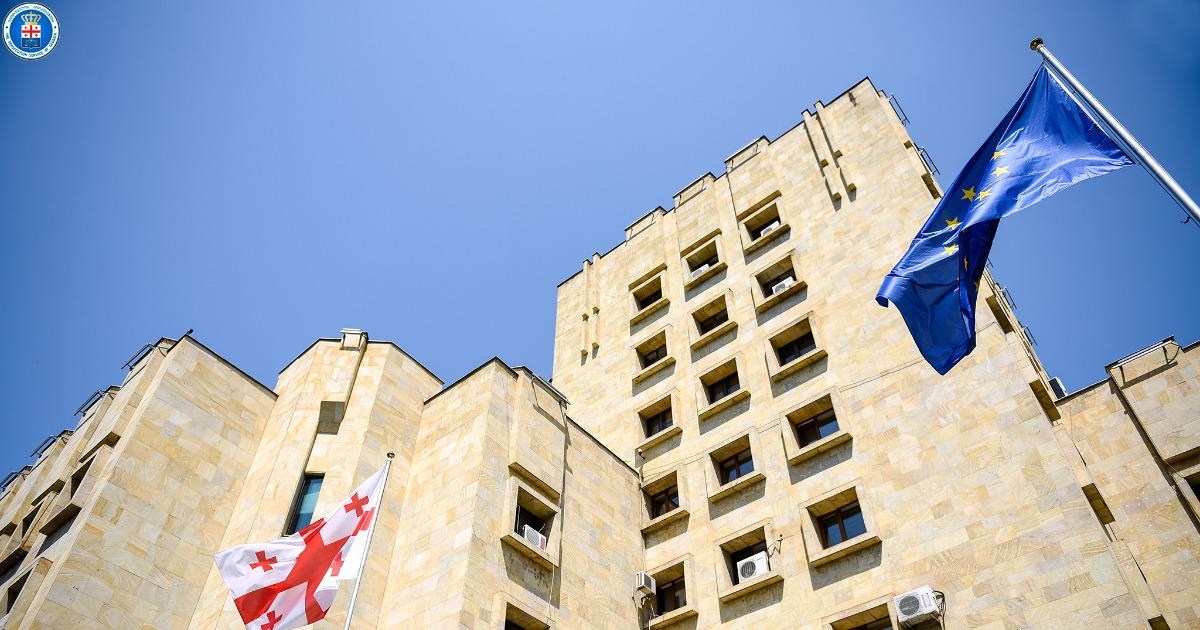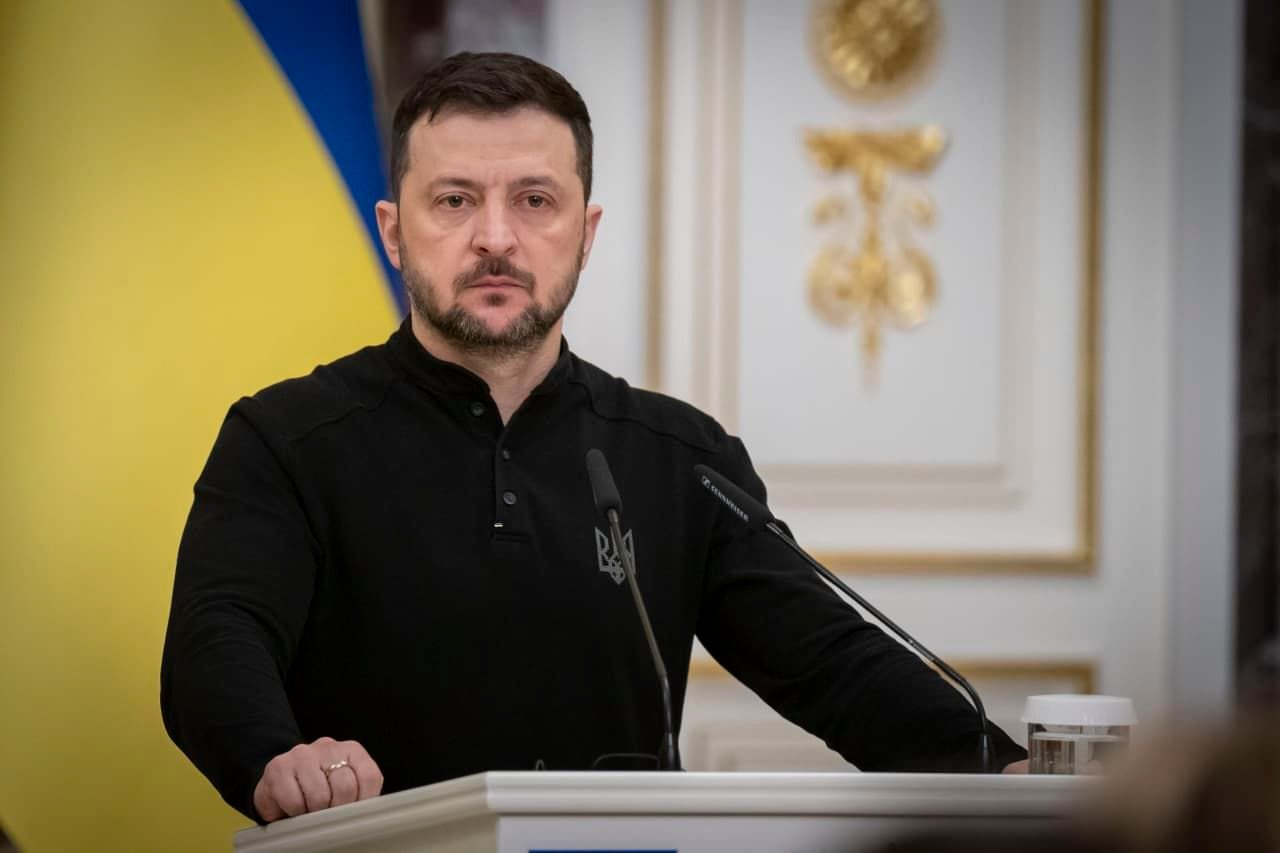Georgia’s NATO membership in 2008 would have prevented war with Russia – Papuashvili

Author
Front News Georgia
Had Georgia already been a NATO member in 2008, there would have been no war and no Russian occupation either, which further exacerbated not only Georgia’s, but, also, wider regional security predicament, Georgian parliament speaker Shalva Papuashvili said in his social media post on Monday, ahead of the alliance’s Vilnius Summit on July 11.
He stressed that rejection of Georgia may have also contributed to the “Ukrainian disaster”.
“NATO borders show where the boundary for peace is drawn. The biggest threat to Georgia’s as well as regional stability and peace is uncertainty, which can be easily exploited by aggressive powers in legal, political, and military terms. The Bucharest decision of April 2008 is a classic example, when the pledge about Georgia’s eventual membership was made while withholding the Membership Action Plan (MAP)”, he said.
He noted the “contradictory decision” had created an ambiguity that pushed Russia to exploit the geopolitical opening and further aggravate the situation.
“With all these past doubts addressed either by Georgian government’s efforts or historic geopolitical shifts, now we see no comprehensible argument as to why Georgia cannot be admitted into NATO”, Papuashvili said.
He also said it was “unfortunate” that some Eastern European governments that were most ardent supporters of Georgia’s NATO and EU membership, “have now turned into skeptics, simply because their political partners in Georgia are in opposition, not in government”.
“The latest comment by the Estonian Prime Minister, otherwise a staunch NATO ally, gives a good sense of the problem. She doubted if Georgia ‘pushes’ for NATO membership any more. With all above mentioned accomplishments and policies, nothing can be farther from truth than this, when it comes to facts rather than perceptions”, Papuashvili said.
The parliamentary official stressed in his post that “Georgia’s NATO membership should be above partisan politics”.
Tags:
Shalva Papuashvili




